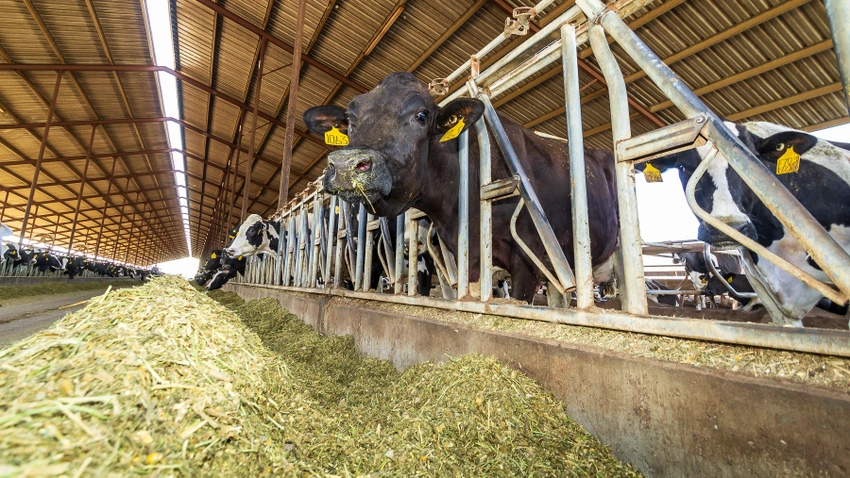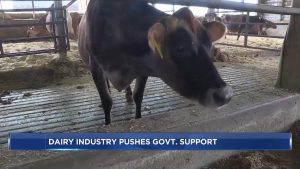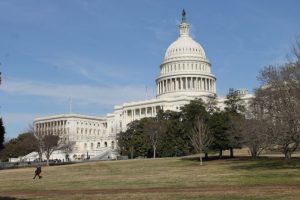
The health of our agricultural sector depends on credit reform for American farmers.
We bet the farm – in a way.
In the 1980s, when my family was looking to grow our dairy farm, we took out a loan from a local bank to fix some calf pens and add a few others. Our 200 acres served as collateral.
Luckily, our bet paid off. We eventually made enough from milk checks to pay back the loan.
Many others were not so fortunate, with the collapse of grain markets and rise in interest rates leading farmers to default on loans and enter bankruptcy as the 1980s Farm Crisis unfolded. While we do not have data from 1980 to 1986, in 1987, even as the crisis was winding down, the bankruptcy rate was 23.05 per 10,000 farms – the highest rate ever recorded.
Farmers of color have had it worse. Congressional investigations in the 1990s uncovered how United States Department of Agriculture (USDA) officials denied loans to Black farmers, for decades, for no other reason than the color of their skin. The resulting Pigford v. Glickman class action settlement paid over $2 billion in damages.
Finding decent credit remains challenging in the profession. According to a National Young Farmers Coalition survey, being unable to secure a loan to acquire land is the principal barrier facing people who want to enter, as well as remain, farming.
Such matters make the Fair Credit for Farmers Act so critical. This bill was introduced as H.R. 5296 by Rep. Alma Adams, D-N.C., and S. 2668 by Sens. Kirsten Gillibrand, D-N.Y., and John Fetterman, D-Pa., and endorsed by 96 different farmer and rural advocacy groups. Specifically, the Act increases farmers’ access to credit from the USDA and improves how they can seek redress if they have been unfairly denied loans. While the act could be passed on its own, it’s more likely to become part of the Farm Bill.
Specifically, the bill would enact a two-year, interest-free direct loan payment deferral. Giving farmers a break from making loan payments would help them as the war in Ukraine and COVID-19 has disrupted supply chains, causing the cost of seed, fertilizer, and other inputs to rise.
The bill also removes the seven-year limit on eligibility to receive operating loans. This ensures that the USDA functions according to its true purpose – as lender of last resort – if farmers cannot find financing from private lenders.
The act also addresses racial injustice.
For instance, the act waives guaranteed loan fees, up-front payments made at closing, for those whom the USDA considers historically underserved borrowers. This group includes farmers of color, and beginning, limited resource, and veteran farmers and ranchers. It also provides “equitable relief” if a farmer had been denied a loan unfairly.
In other words, if a farmer can prove that they have been unfairly denied financing from the USDA, then they can then seek financial redress. The act also improves transparency by mandating that government agencies detail the reasons for denying loans, particularly for farmers who earn less than $300,000 a year.
The USDA has become synonymous with discrimination for farmers of color. These provisions empower farmers by providing a means to seek redress in the event of wrongdoing as they also make authorities honest.
From the stress that my family experienced with our loan, I can only imagine what farmers of color and young farmers endure. Our legislators too should recognize the need for credit reform and include the Fair Credit for Farmers Act in the Farm Bill so that our nation’s most vulnerable food producers are not subject to any more undue stress.
ABOUT THE AUTHOR
Anthony Pahnke is the vice president of Family Farm Defenders and an associate professor of international relations at San Francisco State University in San Francisco. This column was produced for Progressive Perspectives, a project of The Progressive magazine, and distributed by Tribune News Service.

























